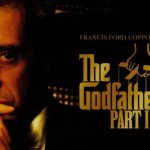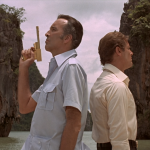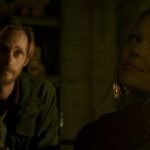Interview with the Vampire (1994)
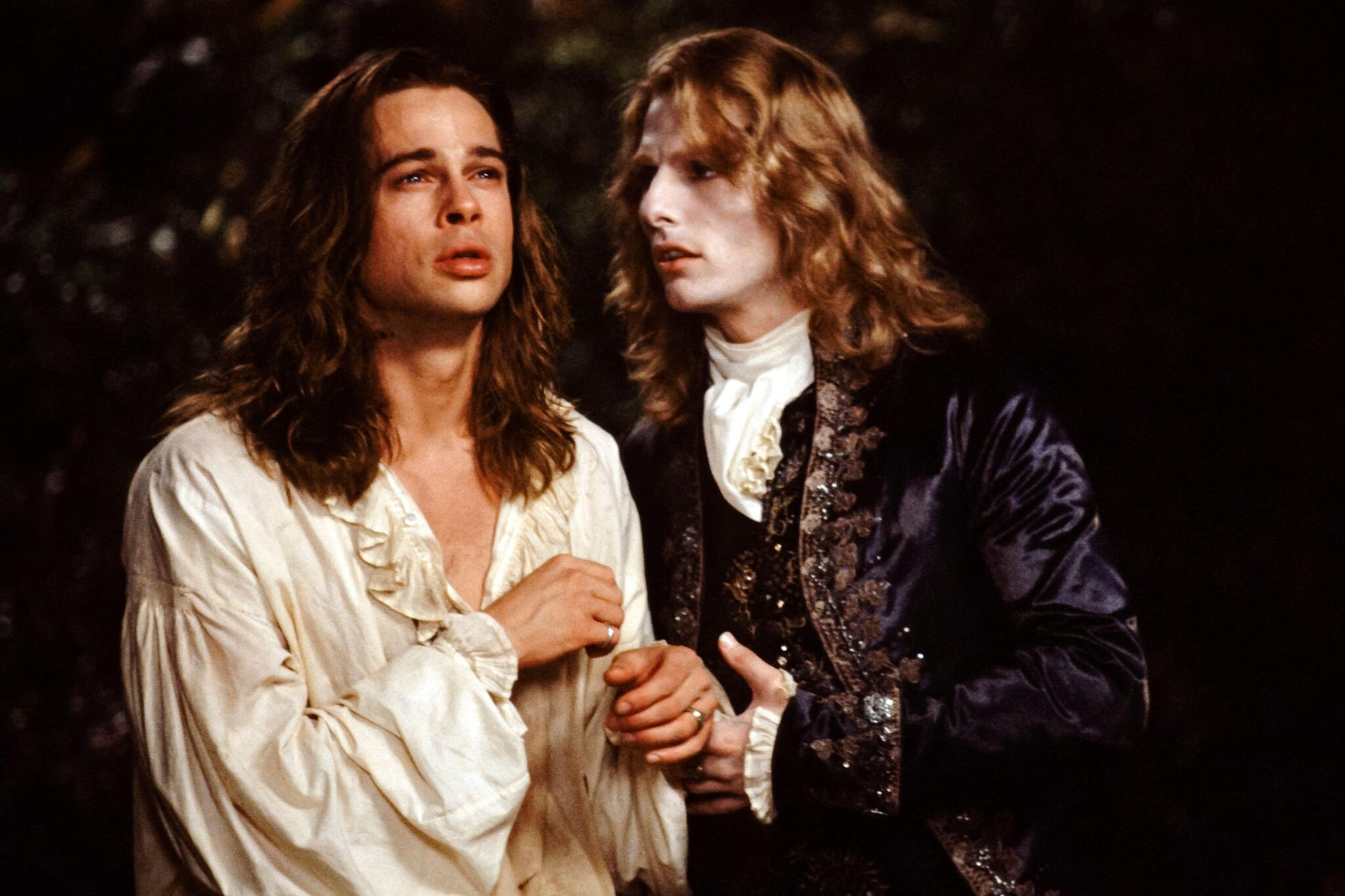
Review of Interview with the Vampire (1994)
Neil Jordan’s Interview with the Vampire (1994) is a sumptuous and haunting adaptation of Anne Rice’s iconic novel. Featuring mesmerizing performances, gothic aesthetics, and profound explorations of immortality and morality, the film remains a cornerstone of the vampire genre. With its blend of dark romance and existential introspection, Interview with the Vampire offers a unique and enduring take on the vampire mythos.
A Tale of Immortality and Loss
The film’s narrative unfolds through a conversation between Louis de Pointe du Lac (Brad Pitt), a melancholic vampire recounting his life story, and a modern-day reporter (Christian Slater). Louis’s tale begins in 18th-century Louisiana, where he is turned into a vampire by the enigmatic and seductive Lestat de Lioncourt (Tom Cruise). Together, they navigate centuries of existence, their relationship marked by tension, tragedy, and the eternal search for meaning.
As Louis grapples with his vampiric nature and moral dilemmas, the story delves into themes of loneliness, loss, and the burden of immortality. The introduction of Claudia (Kirsten Dunst), a child turned into a vampire, adds further complexity, exploring the tragic consequences of immortality when imposed upon a child.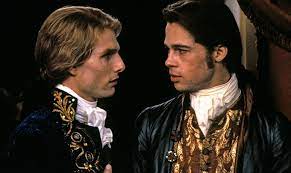
Outstanding Performances
The cast delivers unforgettable performances that elevate the film’s emotional depth. Brad Pitt embodies Louis’s brooding introspection, capturing the anguish of a man torn between his humanity and his monstrous nature. Tom Cruise’s portrayal of Lestat is both charismatic and menacing, perfectly encapsulating the character’s hedonistic and manipulative tendencies.
Kirsten Dunst’s performance as Claudia is a standout, showcasing a remarkable range of emotion and maturity for such a young actor. Claudia’s tragic arc—trapped in the body of a child while possessing the mind and desires of an adult—is one of the film’s most poignant and unsettling elements.
Gothic Atmosphere and Visual Splendor
Interview with the Vampire excels in creating an immersive and visually striking gothic atmosphere. The opulent costumes, candlelit interiors, and misty landscapes transport viewers to a world of decadence and decay. Philippe Rousselot’s cinematography enhances the film’s haunting beauty, while Elliot Goldenthal’s evocative score underscores its melancholic and eerie tone.
The practical effects and makeup work are equally impressive, bringing the vampires’ supernatural traits to life with a sense of realism that heightens the film’s impact. From the pale, ethereal skin to the blood-soaked feeding scenes, every detail contributes to the film’s haunting allure.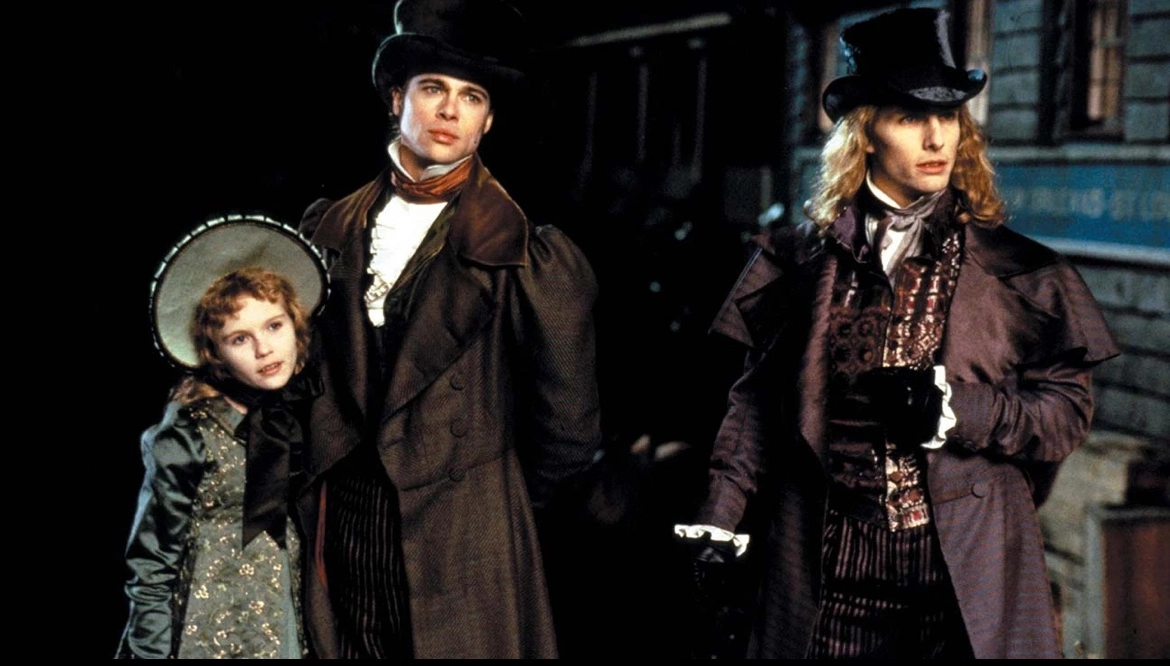
Themes of Morality and Existence
At its core, Interview with the Vampire is a meditation on the nature of morality and existence. Through Louis’s introspective journey, the film examines the ethical dilemmas faced by immortals who must kill to survive. The dynamic between Louis and Lestat serves as a microcosm of this struggle, contrasting Louis’s guilt and restraint with Lestat’s unapologetic embrace of his predatory nature.
Claudia’s tragic existence further underscores the moral complexities of vampirism, raising questions about agency, consent, and the consequences of eternal life. These philosophical underpinnings lend the film a depth that elevates it beyond a typical vampire tale.
A Lasting Legacy
Since its release, Interview with the Vampire has become a defining work in the vampire genre, influencing countless films, series, and novels. Its rich storytelling, complex characters, and gothic aesthetic continue to captivate audiences and inspire creators. The film’s exploration of timeless themes ensures its relevance and resonance, even decades after its debut.
Final Thoughts
Interview with the Vampire (1994) is a masterful adaptation that combines stunning visuals, exceptional performances, and profound themes to deliver a cinematic experience that lingers long after the credits roll. Whether you are a fan of Anne Rice’s novels or new to the story, the film offers a compelling and thought-provoking journey into the dark and seductive world of vampires. A true classic, it remains one of the most iconic entries in the vampire genre.






